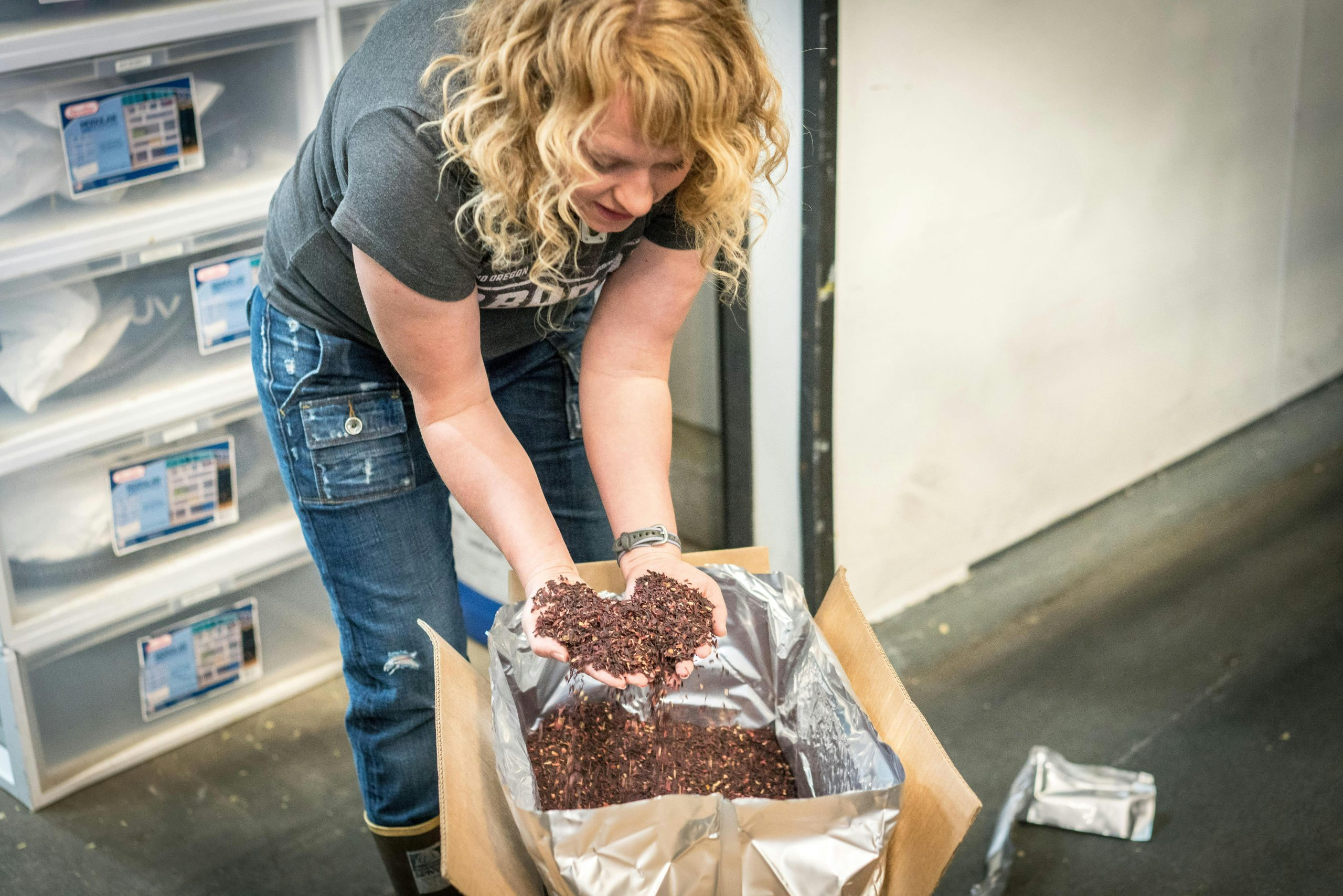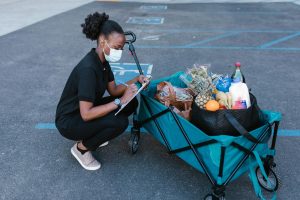The Hidden Risks in Improper Food Storage and Handling
Did you know that improper food storage and handling can pose serious health risks? While it may seem like a simple task, many people are unaware of the hidden dangers that come with storing and handling food incorrectly. From food poisoning to food waste, there are various risks associated with improper food storage and handling. In this article, we will explore the dangers and how you can prevent them to ensure the safety and well-being of yourself and others.
The Dangers of Improper Food Storage and Handling
Food Poisoning
One of the most common risks associated with improper food storage and handling is food poisoning. This occurs when food is stored at incorrect temperatures or when contaminated with bacteria, viruses, or parasites. Consuming these contaminated foods can lead to various symptoms such as nausea, vomiting, diarrhea, and fever. In severe cases, food poisoning can even be life-threatening, especially for children, pregnant women, and the elderly.
Food Waste
Another hidden risk of improper food storage and handling is food waste. When food is not stored correctly, it can spoil and go to waste, leading to unnecessary expenses and resources being wasted. In addition, improper handling of food, such as leaving it out at room temperature for too long, can also result in food waste as it becomes unsafe to consume. With the growing concern for food sustainability, reducing food waste is crucial.
Cross-Contamination
Cross-contamination is a risk that often goes unnoticed in the kitchen. It occurs when bacteria from raw foods, such as poultry, meat, and seafood, transfer to other foods, surfaces, and utensils. Improper food handling, such as using the same cutting board for raw and cooked foods, can increase the chances of cross-contamination. This can lead to foodborne illnesses and affect anyone who consumes the contaminated food.
How to Prevent These Risks
Now that you are aware of the dangers, here are some tips to prevent them and ensure proper food storage and handling at home:
Store Food at the Correct Temperature
Keeping food at the correct temperature is crucial to prevent bacteria from growing and causing foodborne illnesses. The “danger zone” for food is between 40°F and 140°F, which is when bacteria can multiply rapidly. Therefore, make sure to refrigerate perishable foods, such as meat, poultry, dairy, and eggs, and keep them below 40°F. Cooked foods should be kept at or above 140°F. It is also important to defrost frozen foods in the refrigerator, not at room temperature.
Practice Proper Hygiene
When handling food, always wash your hands with soap and water before and after handling raw food. This will prevent the spread of bacteria and viruses from your hands to the food. Additionally, make sure to clean and sanitize all surfaces, utensils, and cutting boards after each use, especially when using them for different types of food.
Separate Raw and Cooked Foods
As mentioned earlier, cross-contamination can occur when raw and cooked food come into contact. To prevent this, use separate cutting boards for raw and cooked foods, and make sure to wash your hands after handling raw foods. It is also essential to store raw foods on the bottom shelf of the refrigerator to avoid any drippings from contaminating other foods.
Pay Attention to Expiration Dates
Expired or spoiled food can pose serious health risks. Make sure to check expiration dates before consuming or cooking food. When in doubt, throw it out. It is also essential to rotate older food to the front of your pantry or refrigerator, so it gets used first.
Conclusion
In conclusion, the hidden risks in improper food storage and handling can have serious consequences if not addressed. By following these simple tips and practicing proper food storage and handling techniques, you can prevent food poisoning, reduce food waste, and ensure the safety and well-being of yourself and others. Remember, food safety starts in the kitchen, so make sure to take the necessary precautions to keep your food and loved ones safe.










